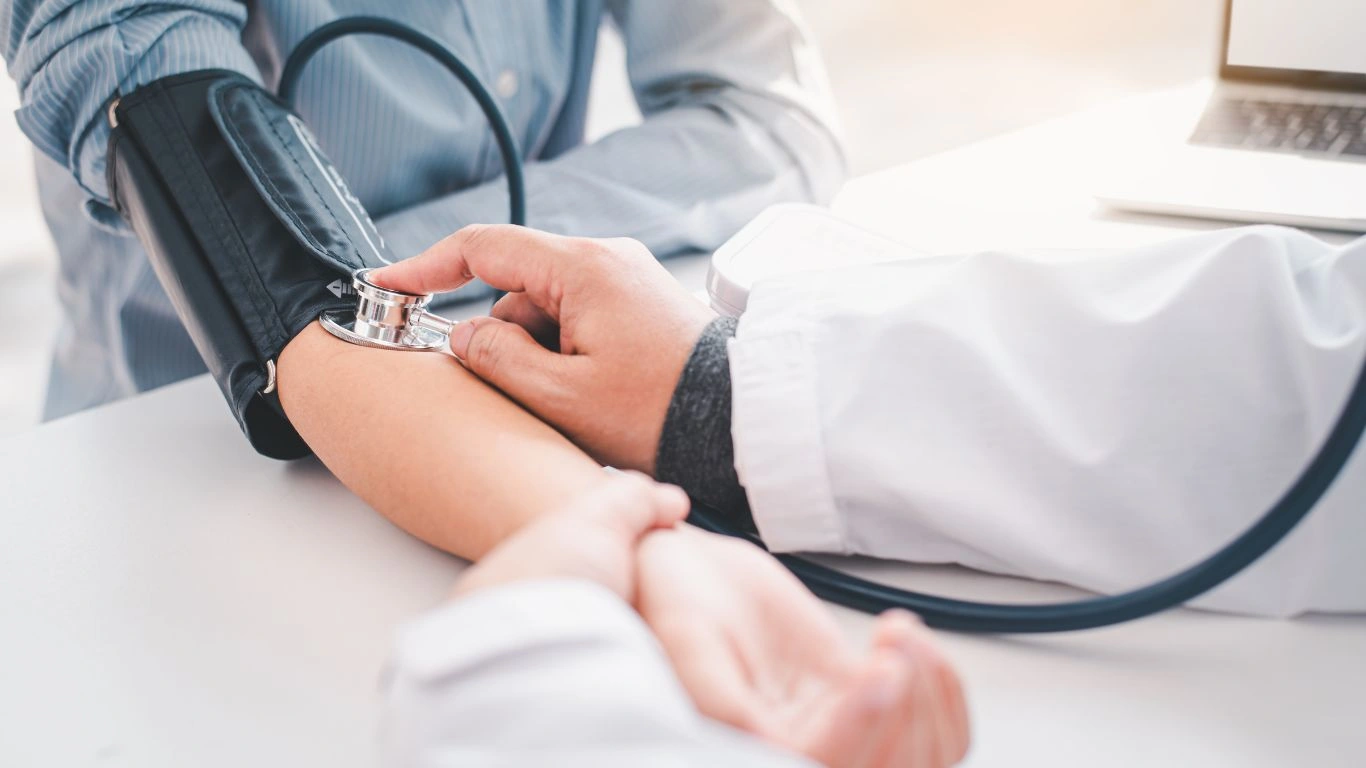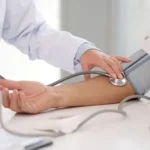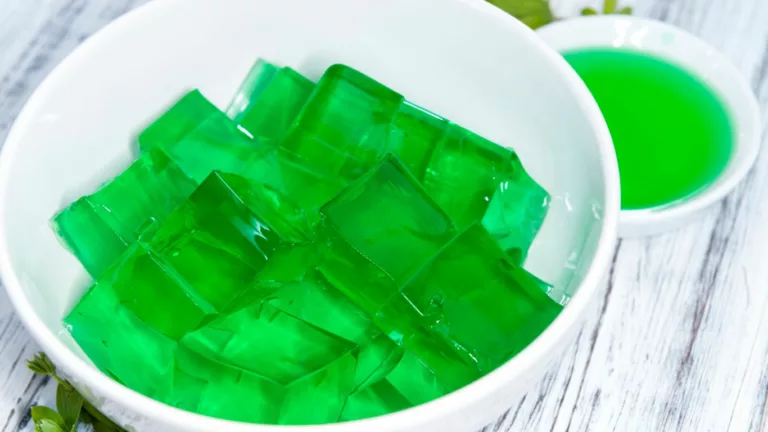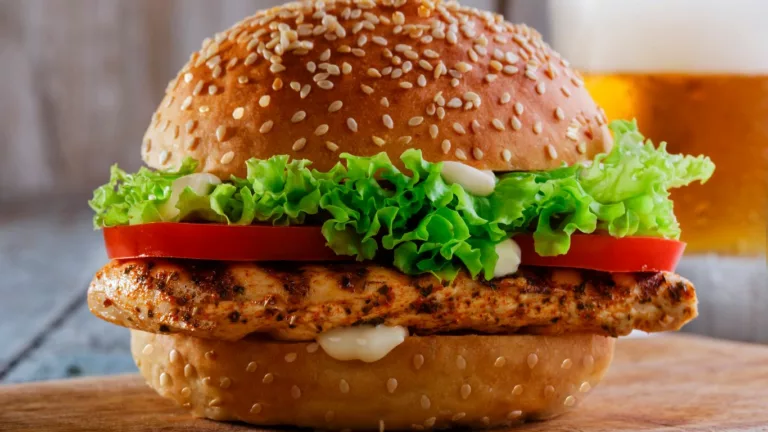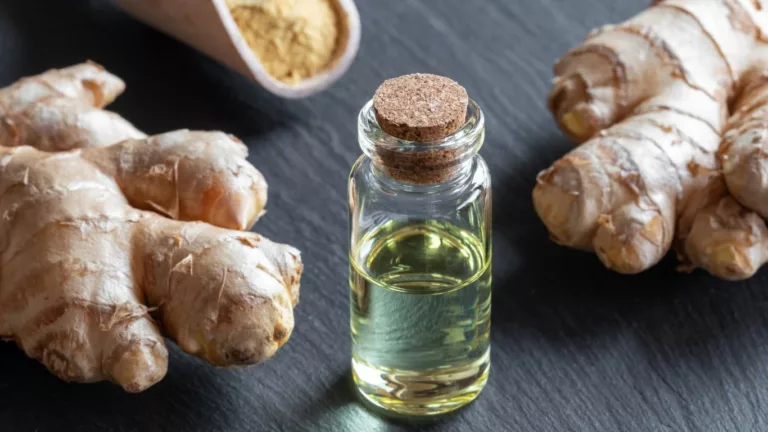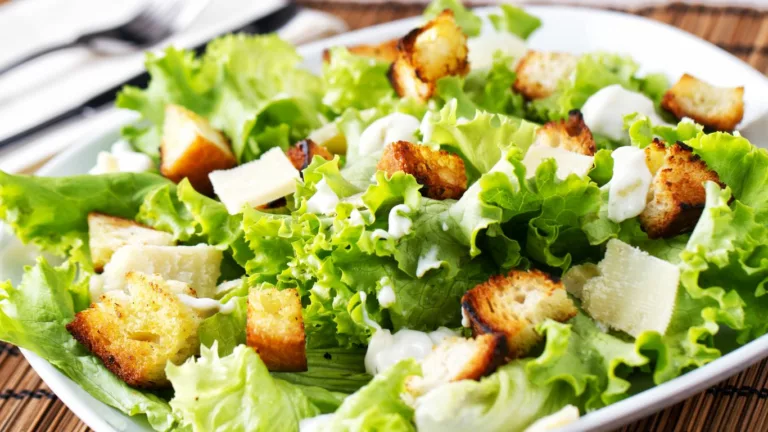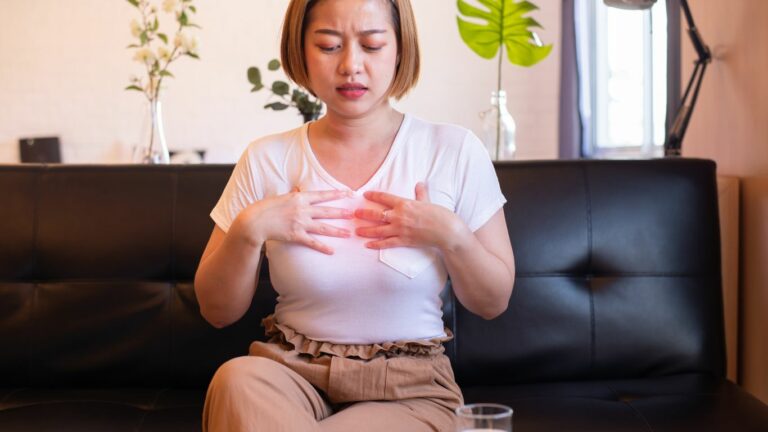Best Natural Treatments for Hypertension – A Comprehensive Guide
Looking for ways to manage hypertension naturally? You’re in the right place! Here, we’ll cover everything from dietary changes to herbal remedies that can help lower your blood pressure effectively.
Hypertension, or high blood pressure, is a condition where the force of your blood against the walls of your arteries is consistently too high. If left untreated, it can lead to serious health issues like heart disease and stroke. While medications can help manage hypertension, many people prefer to try natural treatments to avoid side effects. In this article, we’ll explore some of the best natural remedies for hypertension that can help keep your blood pressure in check. 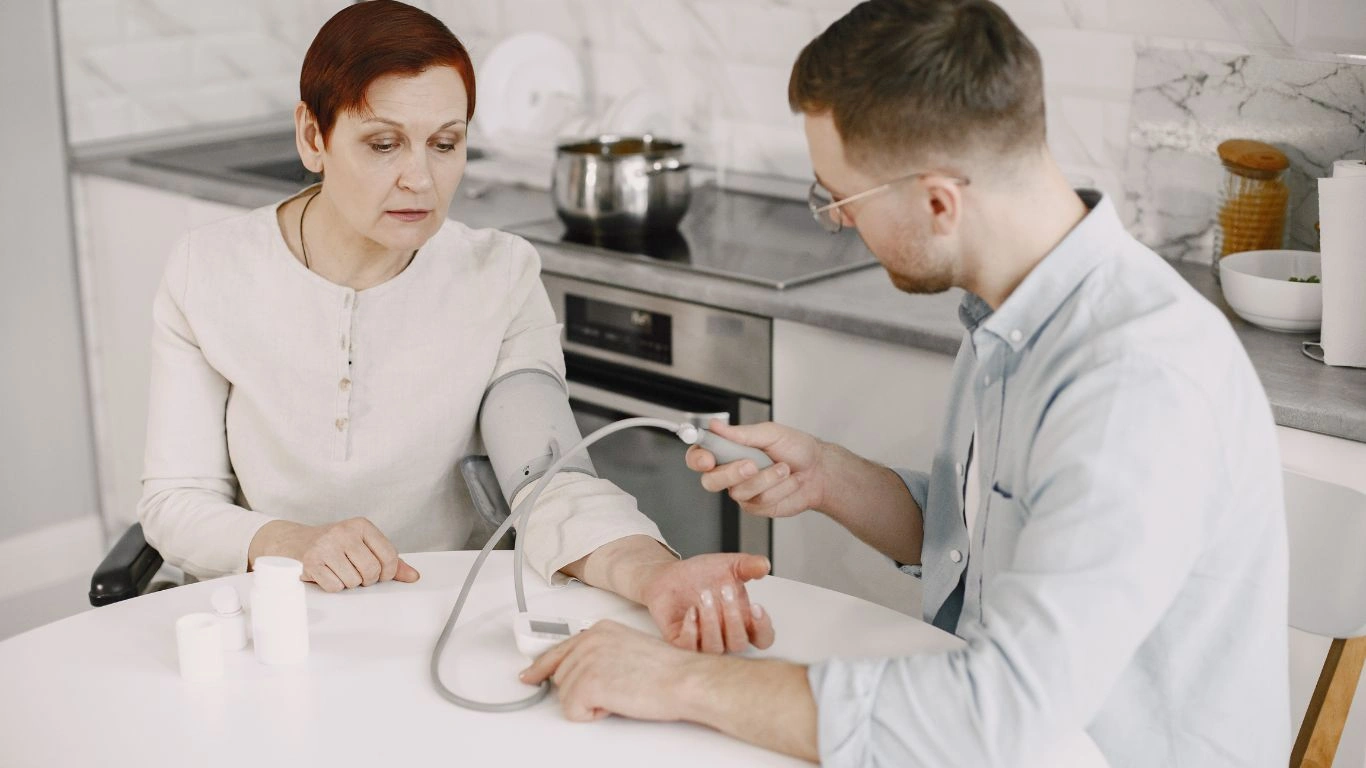
Why Managing Hypertension Is Important
High blood pressure is often called a “silent killer” because it doesn’t show obvious symptoms, yet it significantly increases the risk of heart disease, kidney problems, and even vision loss. Managing hypertension is essential for maintaining a healthy lifestyle and preventing complications down the road. Thankfully, there are natural, simple ways to help regulate your blood pressure without relying solely on prescription medication. 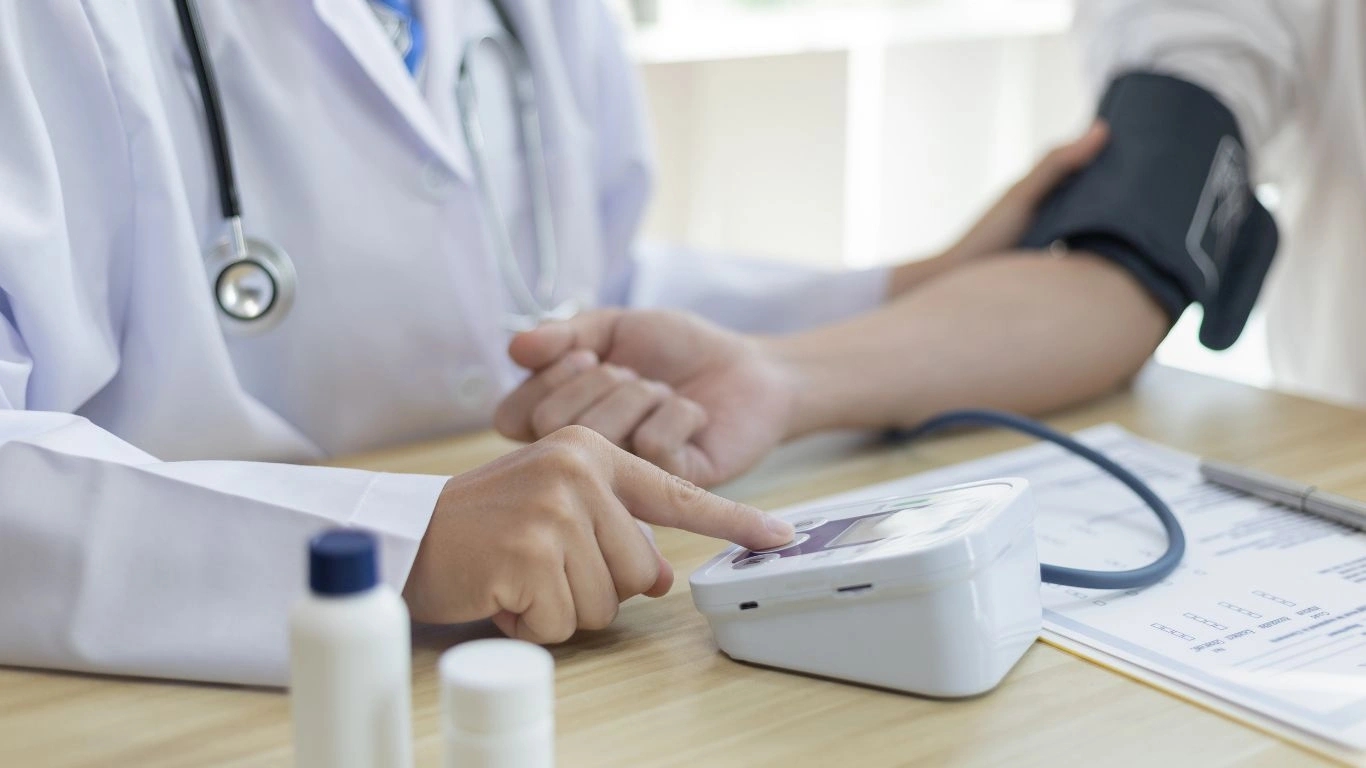
Best Natural Treatments for Hypertension
There are several lifestyle changes and natural treatments that can help reduce high blood pressure. These remedies often focus on improving overall health and reducing risk factors for hypertension, like poor diet, stress, and inactivity.
1. Healthy Diet
A balanced diet plays a huge role in managing hypertension. Focusing on nutrient-dense, whole foods can lower blood pressure and improve heart health. Some key dietary tips for managing hypertension include:
- Increase Potassium Intake: Foods rich in potassium, such as bananas, sweet potatoes, spinach, and tomatoes, help balance the effects of sodium, which can raise blood pressure. A potassium-rich diet can make a big difference in keeping blood pressure levels stable.
- Reduce Sodium: Sodium (found in salt) can cause your body to retain fluid, raising your blood pressure. Cutting back on salt and processed foods can help reduce blood pressure. Aim for no more than 2,300 mg of sodium per day, or ideally 1,500 mg if you have high blood pressure.
- Eat More Fiber: A fiber-rich diet, including whole grains, legumes, fruits, and vegetables, can help lower cholesterol levels and reduce the risk of hypertension. Fiber also promotes healthy digestion, which can indirectly support overall cardiovascular health.
- Include Healthy Fats: Omega-3 fatty acids, found in fatty fish like salmon and mackerel, flaxseeds, and walnuts, can help lower blood pressure by reducing inflammation and improving heart function. Incorporating these into your diet can support overall heart health.
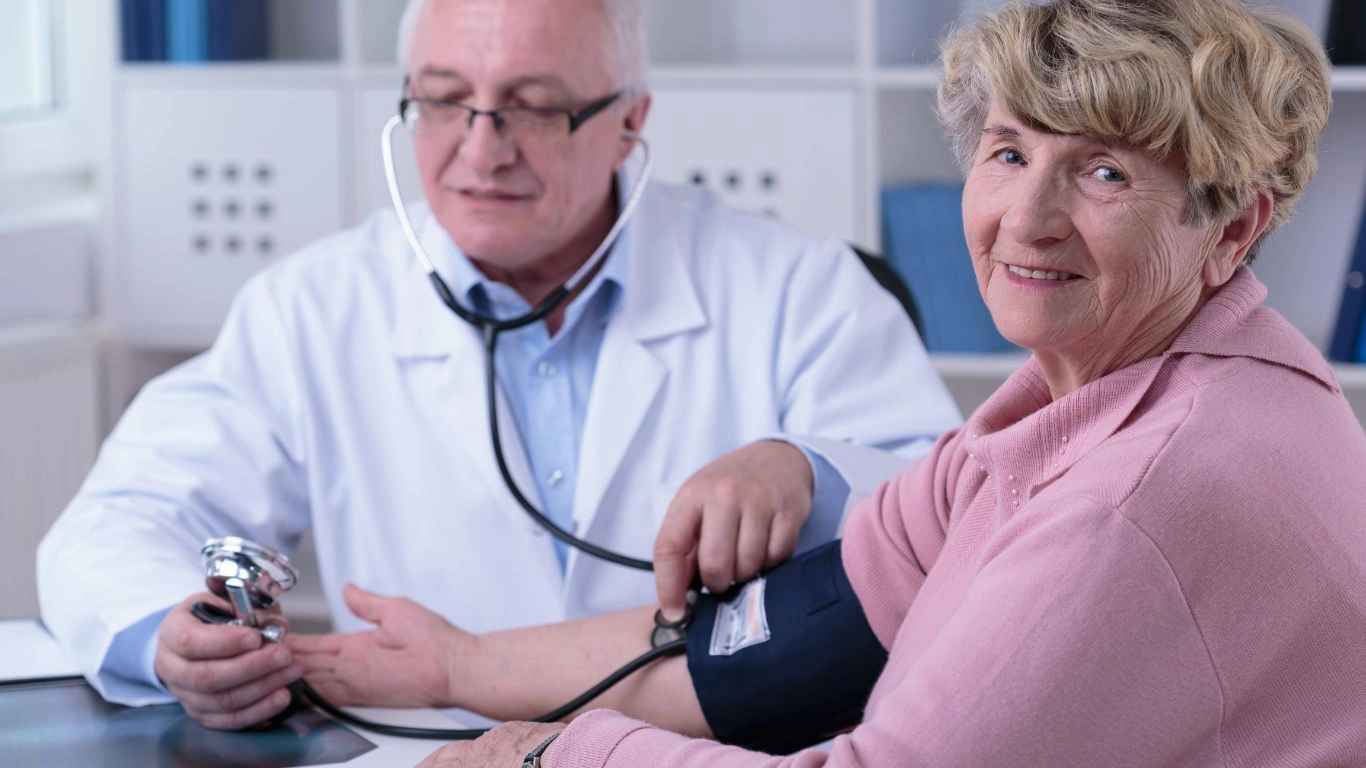
Exercise Regularly
Physical activity is one of the best ways to reduce high blood pressure naturally. Regular exercise strengthens your heart and improves blood flow, making it easier for your heart to pump blood. The American Heart Association recommends at least 150 minutes of moderate aerobic exercise (like brisk walking) or 75 minutes of vigorous exercise (like running) per week. Exercise can also help you lose weight, another important factor in managing blood pressure. Even light activities, such as yoga or gardening, can have a positive impact on hypertension.
Maintain a Healthy Weight
Being overweight or obese increases the strain on your heart and can lead to high blood pressure. Losing just a small amount of weight (5-10% of your total body weight) can significantly lower blood pressure levels. Combining regular exercise with a healthy, balanced diet is an effective strategy for weight loss and managing hypertension.
Stress Management
Chronic stress can contribute to high blood pressure, so finding ways to relax and manage stress is crucial for long-term blood pressure control. Consider practices like meditation, deep breathing exercises, or mindfulness to reduce stress levels. Activities such as spending time in nature, listening to music, or journaling can also be beneficial for mental health. One popular stress-reduction technique is yoga, which combines gentle movement, deep breathing, and mindfulness. Studies have shown that yoga can lower blood pressure and help reduce anxiety and stress.
Limit Alcohol and Caffeine Intake
Drinking too much alcohol or consuming excessive caffeine can raise your blood pressure. If you enjoy a glass of wine or coffee, try to do so in moderation. The general recommendation is to limit alcohol to one drink per day for women and two for men. If you’re sensitive to caffeine, consider cutting back on coffee and other caffeinated beverages to see if it makes a difference in your blood pressure.
Herbal Remedies
Several herbs and natural supplements have been shown to support healthy blood pressure levels. Here are a few that are often recommended:
- Garlic: Garlic has been used for centuries as a natural remedy for various health conditions. It contains compounds that can help relax blood vessels and lower blood pressure. You can consume garlic raw, cooked, or in supplement form.
- Hibiscus Tea: Drinking hibiscus tea regularly may help lower blood pressure. Studies have found that hibiscus can have a mild diuretic effect, helping to reduce fluid retention and promote healthy blood circulation.
- Olive Leaf Extract: Olive leaf extract has antioxidant and anti-inflammatory properties that can help reduce blood pressure. Some studies have shown that it can lower both systolic and diastolic blood pressure.
- Beetroot: Beetroot is rich in nitrates, which can help relax blood vessels and improve blood flow. Drinking beetroot juice or adding it to your diet may have a positive impact on hypertension.
Adequate Sleep
Getting enough sleep is often overlooked when it comes to managing hypertension, but it plays a crucial role in regulating blood pressure. Poor sleep quality or not getting enough sleep can increase stress and contribute to high blood pressure. Aim for 7-9 hours of sleep each night to keep your body and mind in balance.
Conclusion
Managing hypertension doesn’t always have to involve medication. By making some simple changes to your diet, exercise routine, and lifestyle, you can significantly reduce your blood pressure and improve your overall health. Natural treatments like healthy eating, exercise, stress management, and herbal remedies can work together to help lower your blood pressure and keep your heart healthy.
Appendices
References
For further information on managing hypertension naturally, check out these resources:
- American Heart Association. (2024). Hypertension and High Blood Pressure. Read Article
- National Institutes of Health (NIH). (2023). Managing High Blood Pressure with Natural Remedies. Read Article
- Smith, T., & Johnson, H. (2022). Dietary Approaches to Hypertension. Journal of Natural Health, 18(4), 123-131. Read Article
FAQs
Here are some frequently asked questions about managing hypertension naturally:
- Can I stop taking my hypertension medication if I try natural remedies? Always consult your healthcare provider before stopping any prescribed medications. Natural remedies can complement, but not replace, medical treatments.
- How long will it take for natural treatments to lower my blood pressure? The time it takes varies depending on the individual and the severity of hypertension. Consistency with diet and lifestyle changes is key.
- Are there any risks associated with herbal remedies for hypertension? Some herbs can interact with medications or have side effects. Always consult your doctor before using any herbal supplements.
- Can exercise alone lower my blood pressure? Yes, regular physical activity is one of the most effective ways to manage high blood pressure.
- Is it possible to manage hypertension without medication? In many cases, lifestyle changes, such as diet and exercise, can lower blood pressure enough to avoid the need for medication, but always check with your doctor.
Disclaimer: The information provided in this article is for educational purposes only and does not substitute for professional medical advice. Always consult with your healthcare provider before making any changes to your diet, exercise, or treatment plan.
